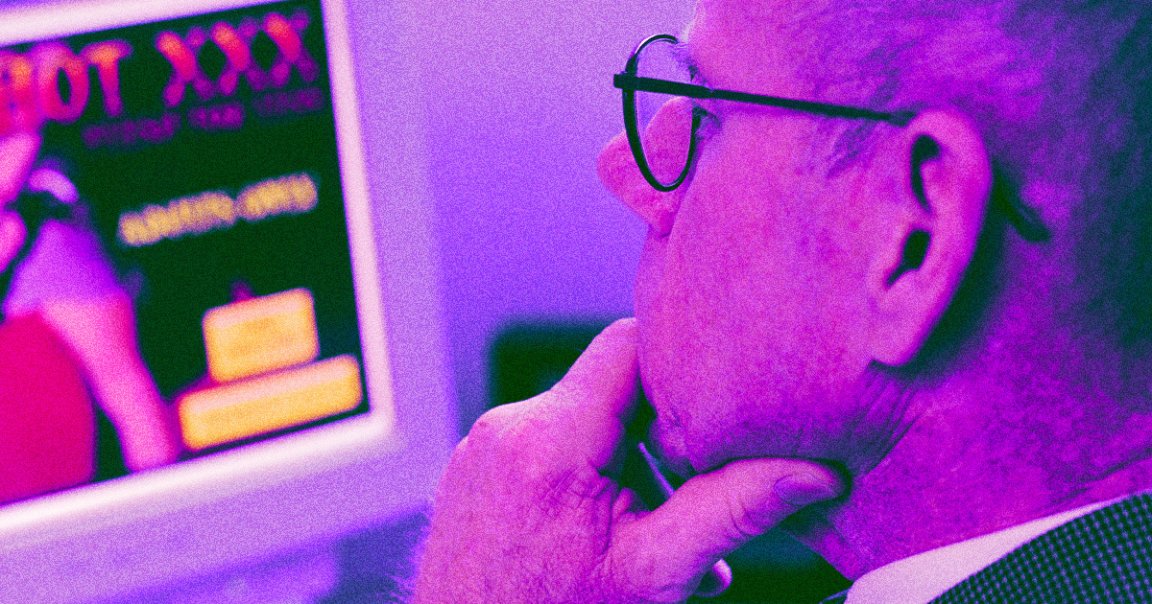
Artificial intelligence-generated imagery is, apparently, a lot hotter if you think it’s the real thing.
Published in the journal Cognition and Emotion, a paper by a group of European cognitive researchers suggests that people find images they think are real much more arousing than those they think believe to be AI-generated — an intriguing finding that could have broad-reaching implications as the web continues to fill up with AI-generated smut.
Researchers from Italy’s IMT School for Advanced Studies Lucca, Institute of Cognitive Sciences and Technologies, and Roma Tre University, alongside another from Finland’s University of Jyväskylä, recruited more than 160 people to look at images of men and women in underwear or swimsuits and rate both their arousal levels and whether they thought the imagery was real or AI-generated.
In the first part of the study, which included 57 participants recruited using social media and academic mailing lists, subjects were shown 60 suggestive images — some real photographs of humans and others generated by AI — and asked to rate, on a scale from one to six, how aroused they were. They were then asked to rate how likely they thought each image was to be AI-generated.
Just as the researchers hypothesized, subjects generally rated themselves as more aroused on images they thought were real than those they thought were cooked up with AI.
To further shore up the hypothesis, the Italian and Finnish researchers then had an additional 108 participants use a similar one-to-six arousal rating scale. But this time, half the images were labeled as being AI-generated and the other half were labeled as authentic. Along with the arousal ratings, the researchers also measured how the participants felt about AI using a 2023 scale about AI attitudes.
Unsurprisingly, the researchers also found in the second part of the study that people were more likely to be aroused by images they thought were legit than those they thought were created by AI — but that’s not the end of the story.
“Our findings support the view that photos believed to be artificially generated are less arousing than those considered real,” study authors Alessandro Demichelis and Alessandro Ansani told PsyPost, “but we found that allegedly fake images are still capable of generating arousal, especially in men, just in an inferior amount.”
As the website notes, the study does have some caveats, including that all the participants were heterosexual and that the imagery they viewed was of people in swimsuits or underwear and did not feature any other kind of sexual stimuli, which excludes other sexualities or preferences.
All the same, however, these findings are as profound as they are sensical.
“AI-generated images are here to stay, and as every technological advancement, offer both opportunities and danger,” the researchers aid. “Within the domain of sexual arousal, our findings suggest that they are not going to replace the ‘real’ world, since the mere belief that an image is AI-generated (even when it is not) is enough to reduce arousal.”
“To put it differently,” Ansani and Demichelis continued, “it seems that we (still?) have a strong preference for humanness over artificiality, even when such artificiality is just purported.”